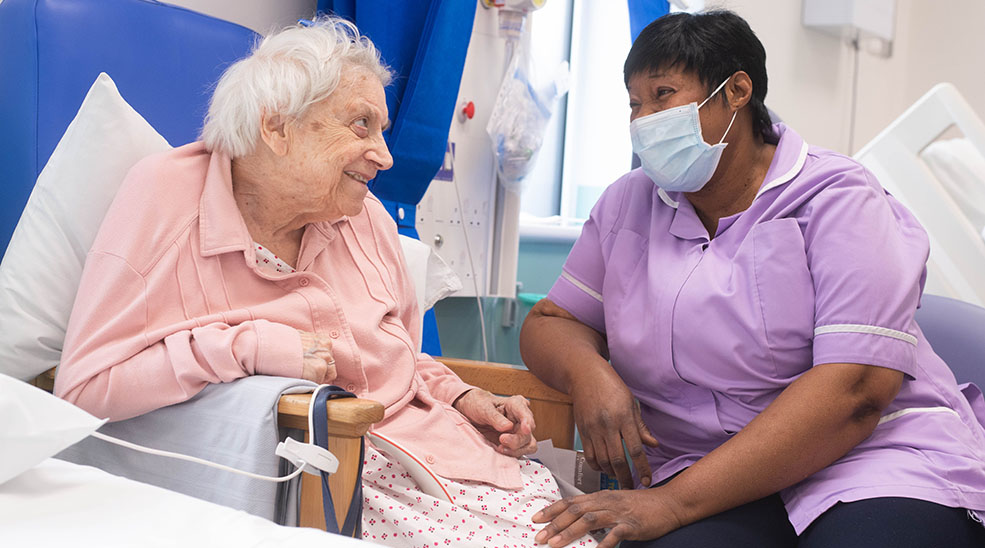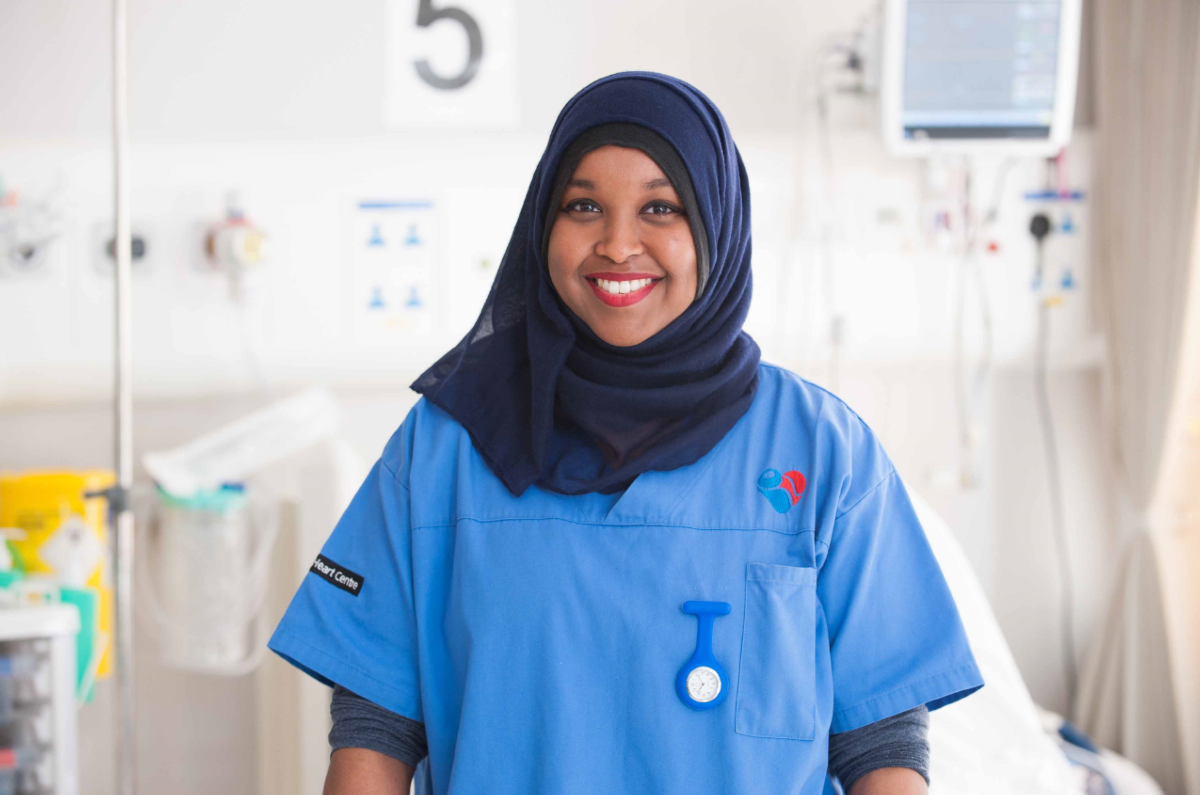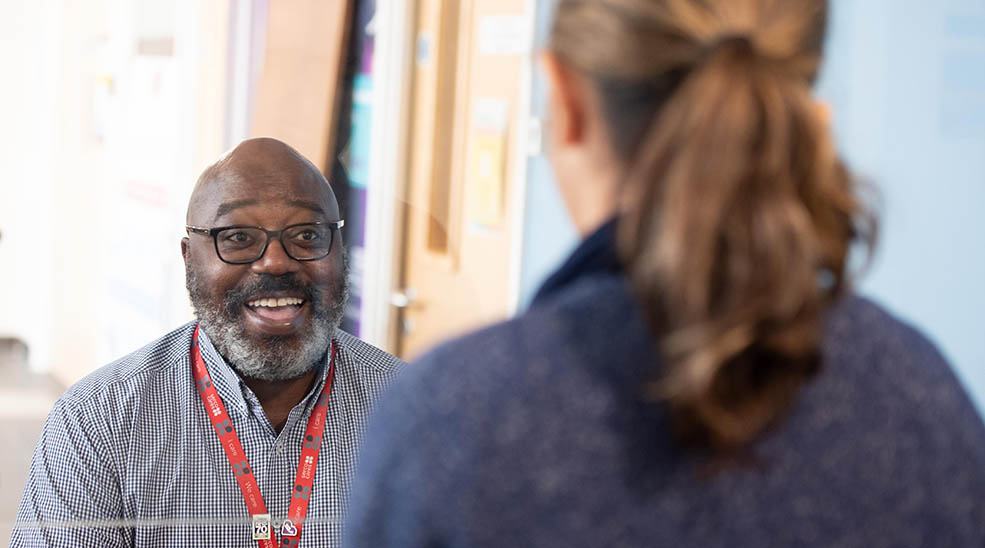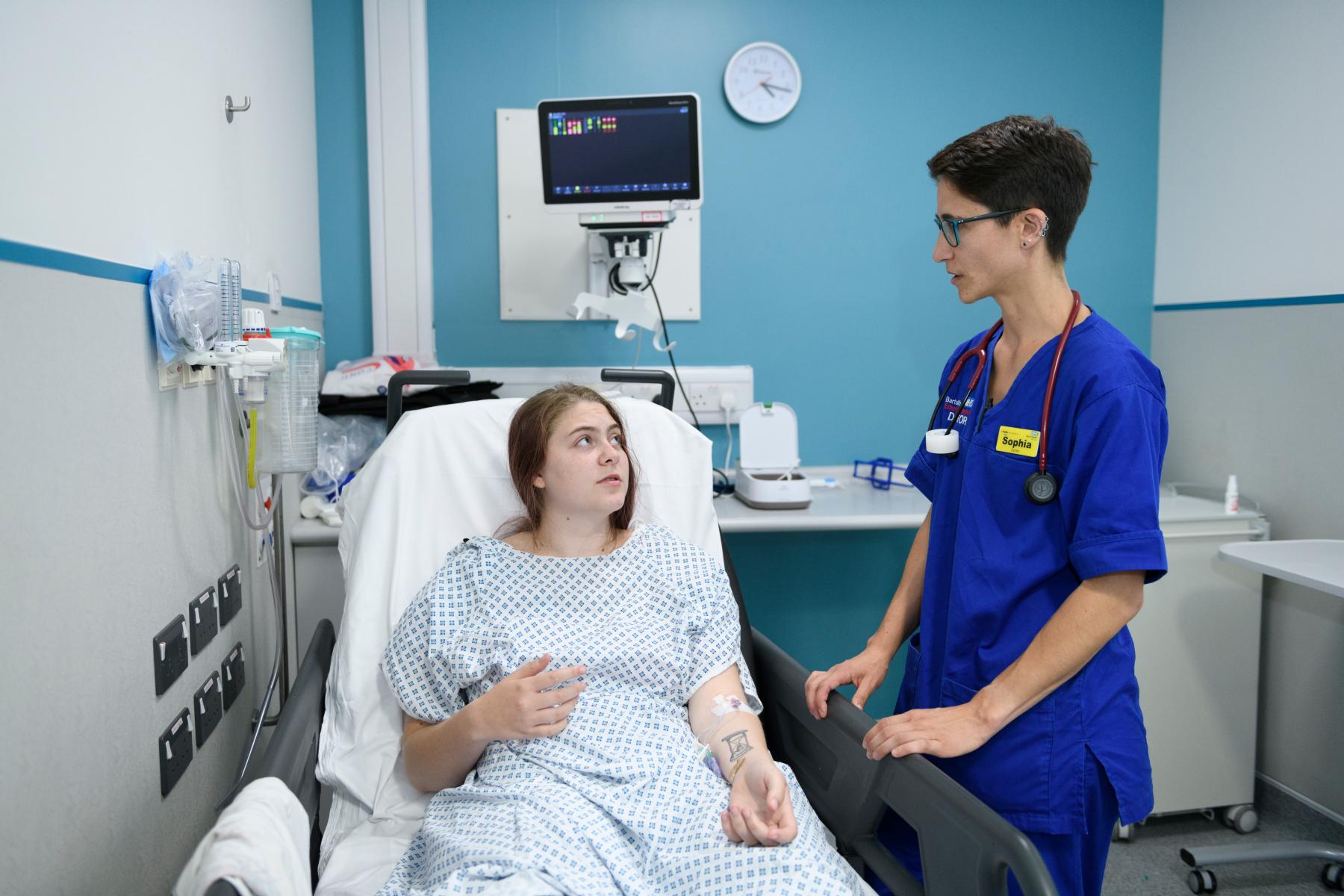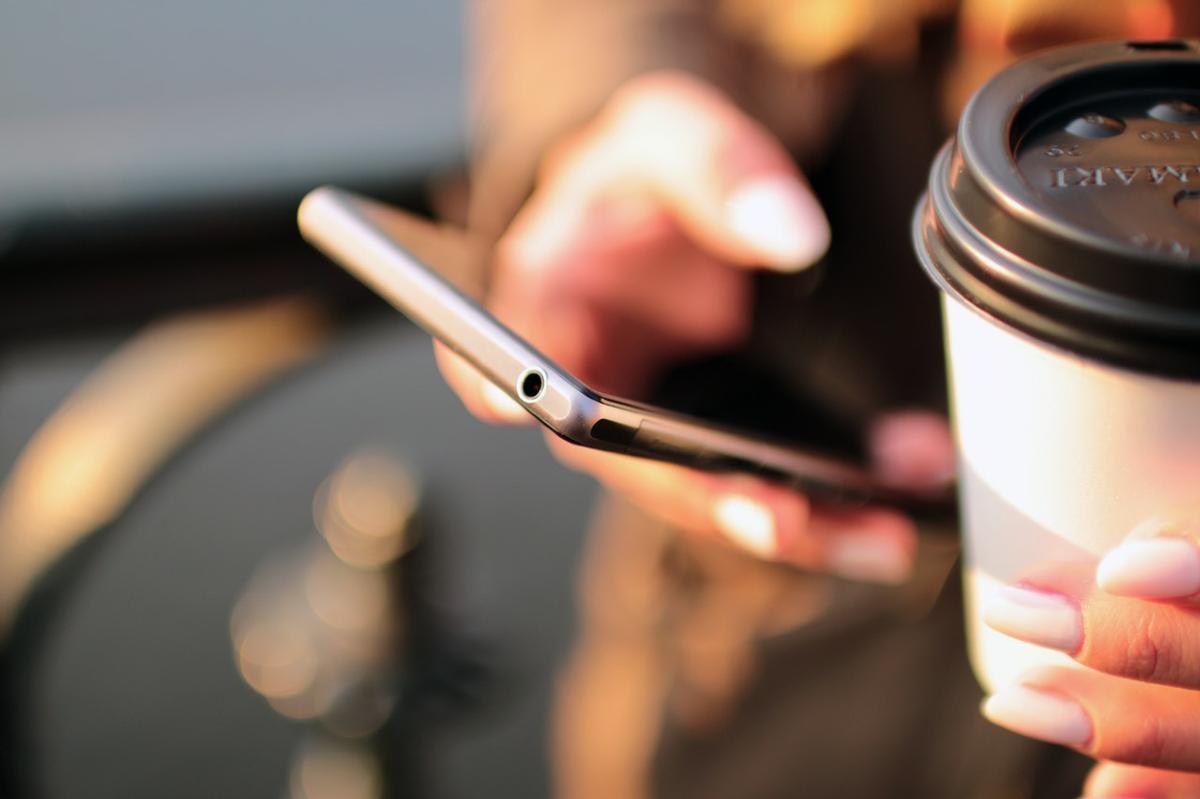Keeping our patients and staff safe

We are here to care for you
But we will not tolerate violence and abuse
We understand that being in hospital can be stressful, and our staff are here to ensure you or your loved ones receive the best possible care.
We’re training our teams to recognise warning signs and defuse situations early, but violence and abuse will not be tolerated. Emergencies will always be treated, but any violent incidents may be noted on your record.
Some staff may wear body-worn cameras to help protect everyone. These are only switched on during an incident, and you’ll always be told before recording starts.
Footage is stored securely under the Data Protection Act. If you have any questions, please read our violence and abuse policy [pdf] 1MB, speak to the nurse in charge or a member of the security team.

